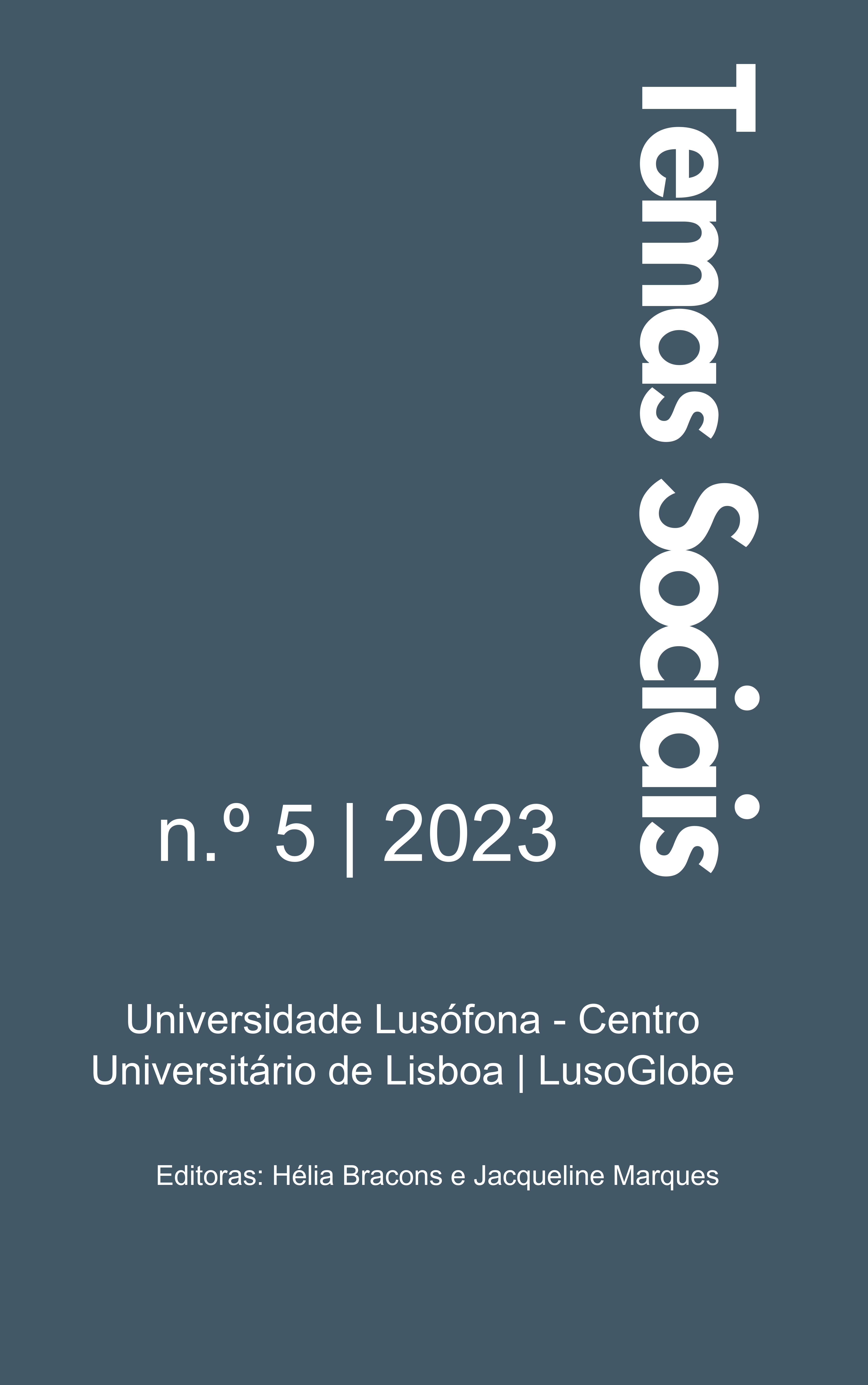A Visita Domiciliária no Serviço Social: o início, o conceito, a operacionalização e as boas práticas dos/as profissionais.
https://doi.org/10.53809/TS_ISS_2023_n.5_128-139
Abstract
Social Work’s profession covers the most different problems in society. Social intervention considers that each phenomenon has its characteristics, in this sense, the professional must adapt to the space in which they are going to intervene. Home visits, in addition to benefiting from a long tradition in Social Work, are one of the privileged instruments for promoting more understanding and responsive responses to the supported people/families.
This study was developed within the scope of the Curricular Unit Workshop of Practices in Social Work I, at Lusófona University – Porto University Center, and its main goal, through a literature review, was to address the home visit as a technical/operative instrument, highlighting the beginning of the home visit, the operationalization and the good practices adopted by social workers, particularly in matters of security, emotions, and confidentiality.
We concluded that home visits help professionals increase the involvement of people/families, improve communication, and understand the social reality to carry out their intervention. Home visits have been a vital tool in articulating actions within the scope of Social Work throughout the history of the profession.
Downloads
Open Access Policy
Temas Sociais Journal is an open access journal, providing free, immediate and unrestricted access to its contents, with the aim of promoting the circulation of scientific knowledge and academic exchange at national and international levels.
By submitting their manuscripts, authors authorize the publication, dissemination and public communication of their work within the scope of the journal, while retaining full responsibility for the content of the submitted manuscripts.
Copyright
Authors retain copyright over their works and grant Temas Sociais Journal the right to publish, reproduce, disseminate and archive the contents in digital format, in accordance with the journal’s editorial policy and open access principles.
Any reuse of published content must comply with the conditions established by the journal and with applicable copyright legislation.
Code of Ethics and Good Practices
Temas Sociais Journal is committed to the ethical principles of research and scientific publishing, promoting academic integrity, editorial transparency, and equal opportunities in access to knowledge. To this end, it adopts the following Code of Ethics and Good Practices:
-
Submitted manuscripts must be original, unpublished, and of exclusive authorship, and must not have been previously published, disseminated, or submitted to another journal.
-
Authors are responsible for obtaining all necessary permissions for the publication of their work and for properly acknowledging all sources and references used.
-
Research resulting from external funding must ensure, where applicable, authorization for the dissemination of the results.
-
All submitted manuscripts are subject to plagiarism detection, using the tool in force at the Universidade Lusófona – Centro Universitário de Lisboa.
-
Articles are evaluated by external peer reviewers with expertise in the relevant field, under a double-blind peer review system, ensuring the anonymity of both authors and reviewers throughout the process.
-
Research involving human participants must ensure informed consent, strict respect for data confidentiality, and, where applicable, approval by an Ethics Committee.
-
Authorship must reflect exclusively those individuals who have made a significant intellectual contribution to the conception and execution of the research, analysis of results, drafting of the manuscript, and approval of the final version.



